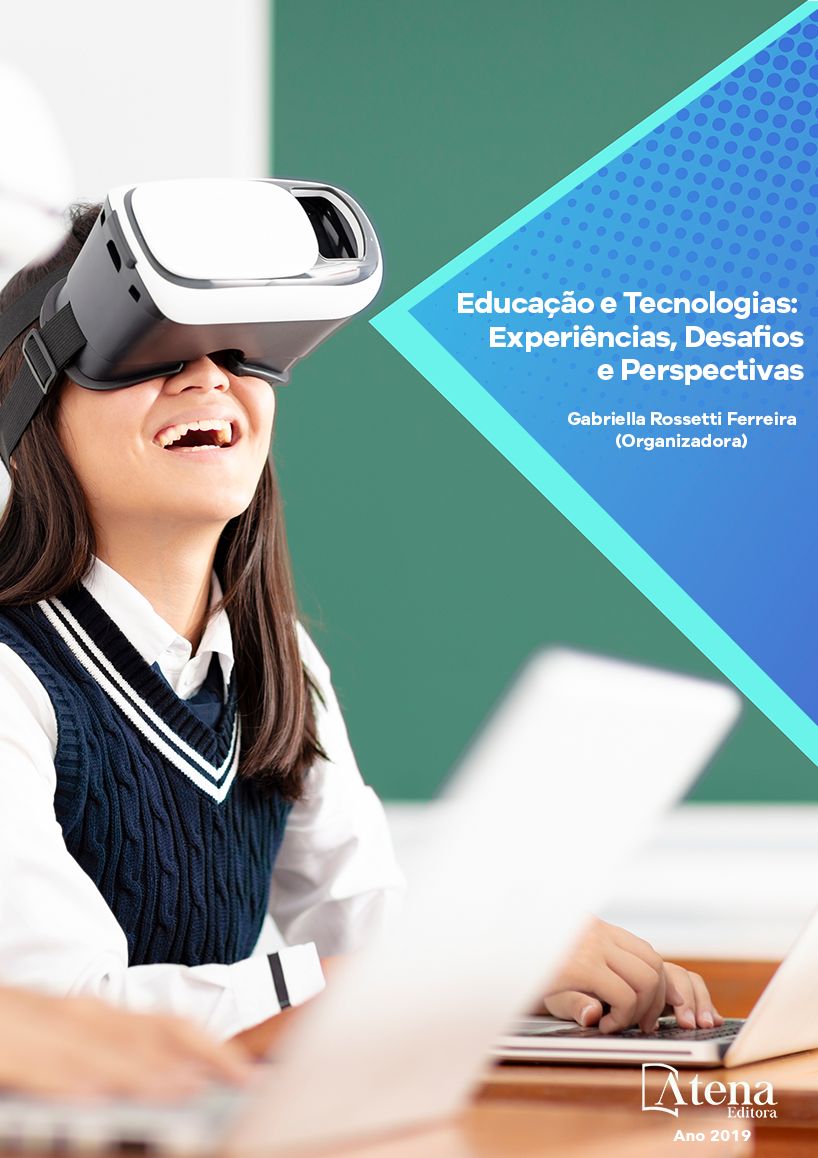
IDENTIDADE, AUTONOMIA E COMPROMETIMENTO DO ALUNO NO PROCESSO DE APRENDIZAGEM A DISTÂNCIA
Verificamos a construção da
identidade do aluno a partir da significação de
seu papel institucional em um curso ofertado
na modalidade a distância. Se na educação
a distância o foco muitas vezes é no aluno,
percebe-se importante para que o processo
de ensino e aprendizagem aconteça com
qualidade deve-se compreender perfil do aluno,
suas necessidades e anseios, e entendese
que essa compreensão contribui para o
desenvolvimento de estratégias que sirvam de
apoio à sua formação. Partindo do pressuposto
de que o comprometimento nas aulas a distância
acontece quando há um vínculo entre o aluno
e o curso, para esse trabalho desenvolvemos
uma reflexão sobre o comprometimento dos
alunos da educação a distância. Na educação a
distância, o comprometimento é um vínculo que
se estabelece entre o aluno e o curso e envolve
todas as pessoas que do curso participam,
dentre eles os tutores, professores e demais
alunos. Nesse caso, partimos da concepção de
que o comprometimento leva à autonomia. O
procedimento metodológico se pautou na revisão
bibliográfica da temática de estudo. Trabalhos
de Erikson (1976), Gadotti, (1992), Durozoi e
Roussel (1993), Castells (1999), Zanelli (2004),
Silva (2010), entre outros, fundamentaram e
orientaram nossas reflexões sobre a influência
do comprometimento na geração de autonomia
e aproveitamento do aluno nos cursos, pois ao
desenvolver a autonomia e identidade, o aluno
se sente mais comprometido.
IDENTIDADE, AUTONOMIA E COMPROMETIMENTO DO ALUNO NO PROCESSO DE APRENDIZAGEM A DISTÂNCIA
-
DOI: 10.22533/at.ed.71519170415
-
Palavras-chave: Identidade; Autonomia; Comprometimento; Educação a distância
-
Keywords: Identity; Autonomy; Commitment; Distance education.
-
Abstract:
We verify the construction of the
student’s identity based on the significance of
his institutional role in a course offered in the
distance education modality. If in distance
education the focus is often on the student, it
is important to understand the student’s profile,
needs and desires so that the teaching and
learning process happens with quality, and it is
understood that this understanding contributes
to the development of strategies to support their
training. Starting from the assumption that the
commitment in the distance classes happens
when there is a link between the student and
CAPÍTULO 15
Educação e Tecnologias: Experiências, Desafios e Perspectivas Capítulo 15 173
the course, for this work we develop a reflection about the commitment of distance
education students. In distance education, commitment is a bond established between
the student and the course and involves all the people who participate in the course,
among them tutors, teachers and other students. In this case, we begin with the idea
that commitment leads to autonomy. The methodological procedure was based on
the bibliographic review of the study theme. Erikson (1976), Gadotti (1992), Durozoi
and Roussel (1993), Castells (1999), Zanelli (2004) and Silva (2010), among others,
supported and guided our reflections on the influence of commitment on generation
of autonomy and use of the student in the courses, because when developing the
autonomy and identity, the student feels more committed.
-
Número de páginas: 15
- Guacira Quirino Miranda
- Roberval Montes da Silva
- Eliamar Godoi


